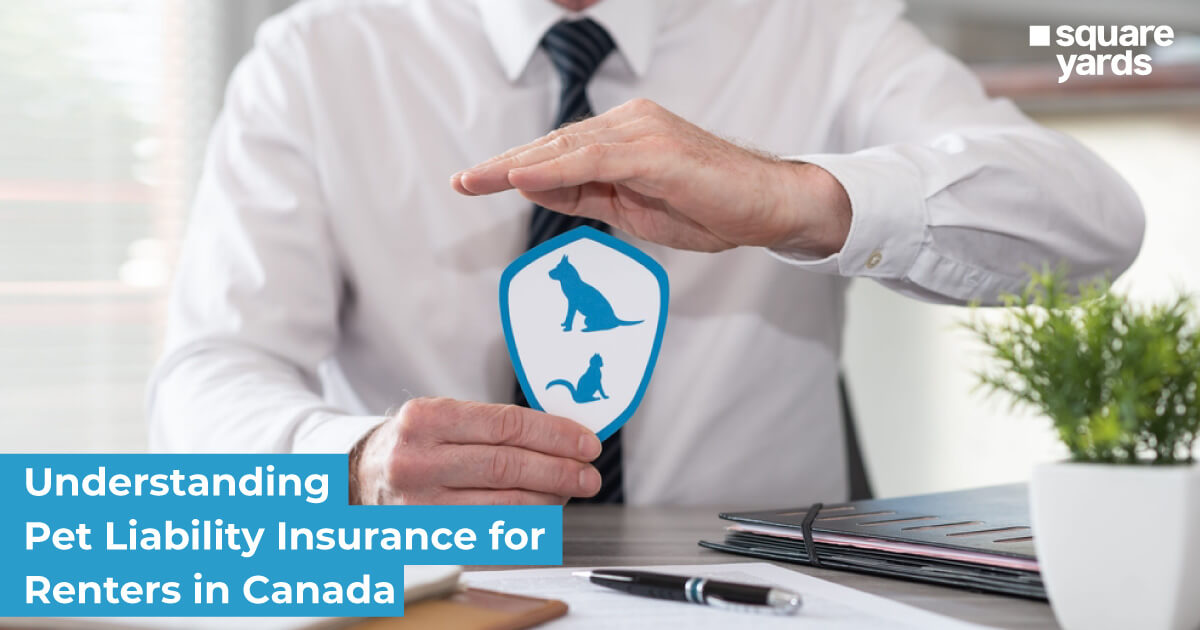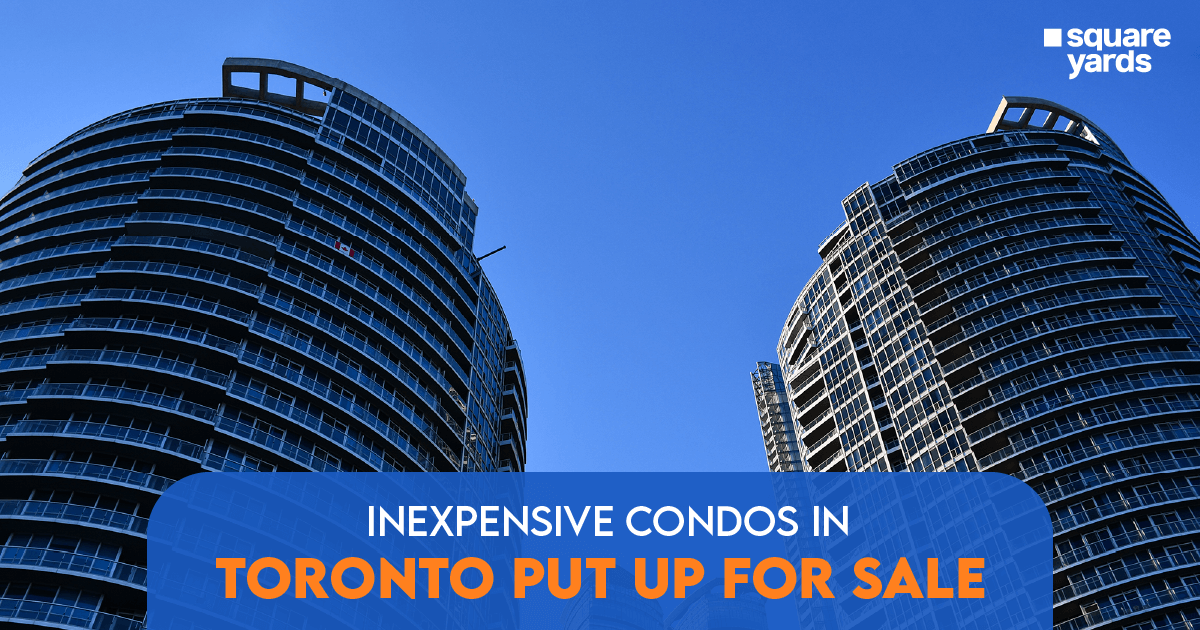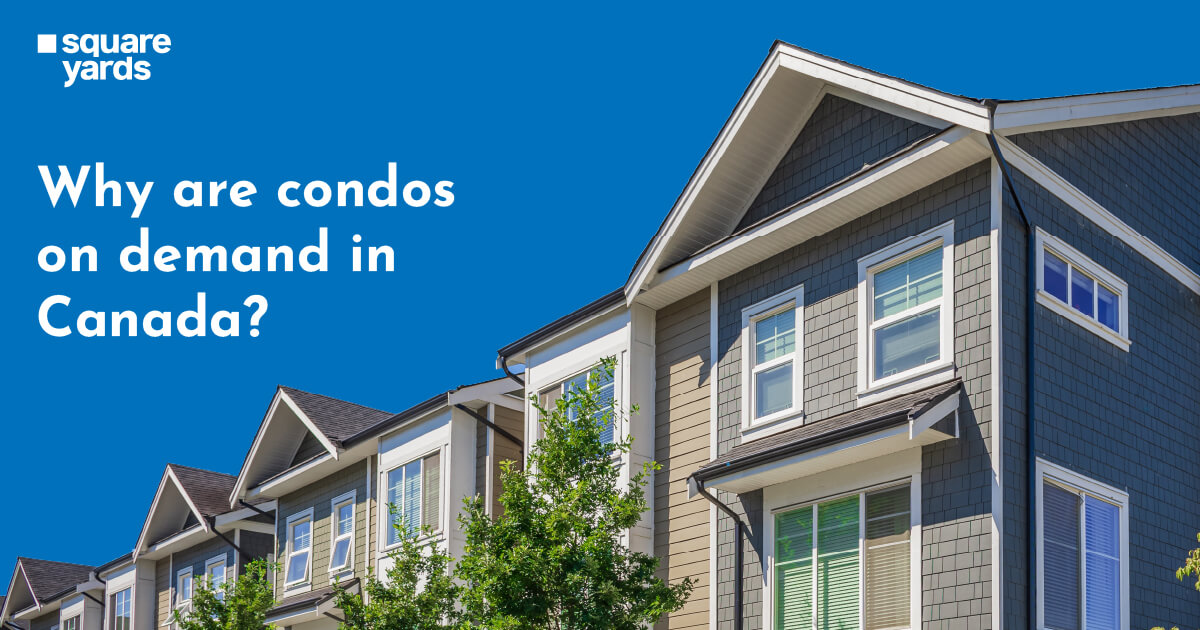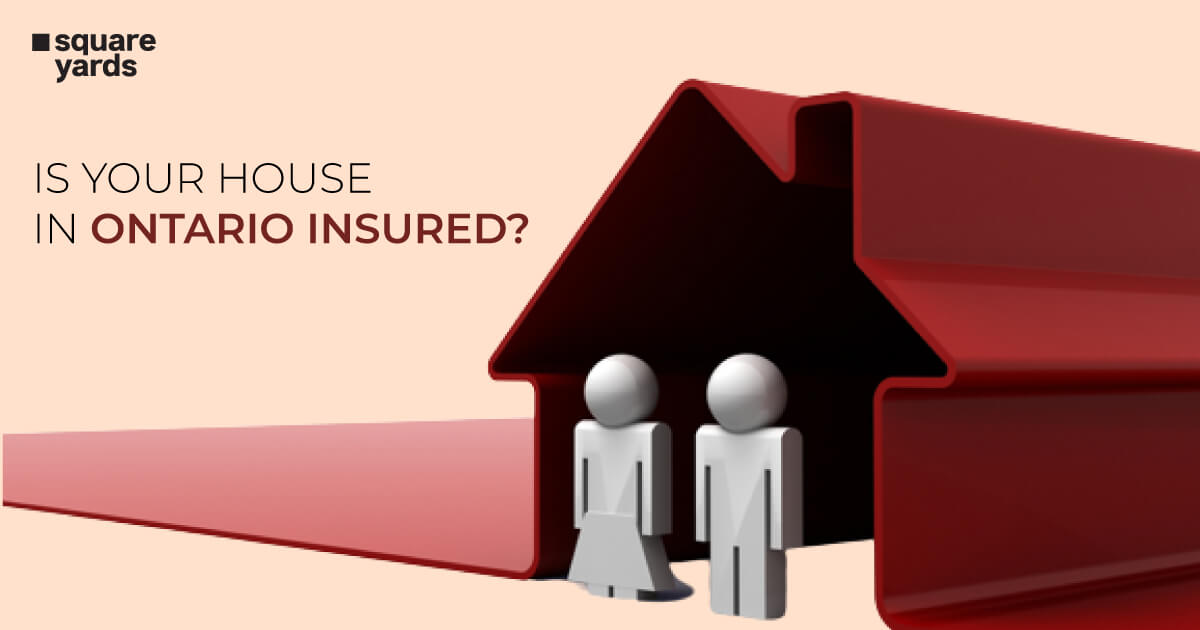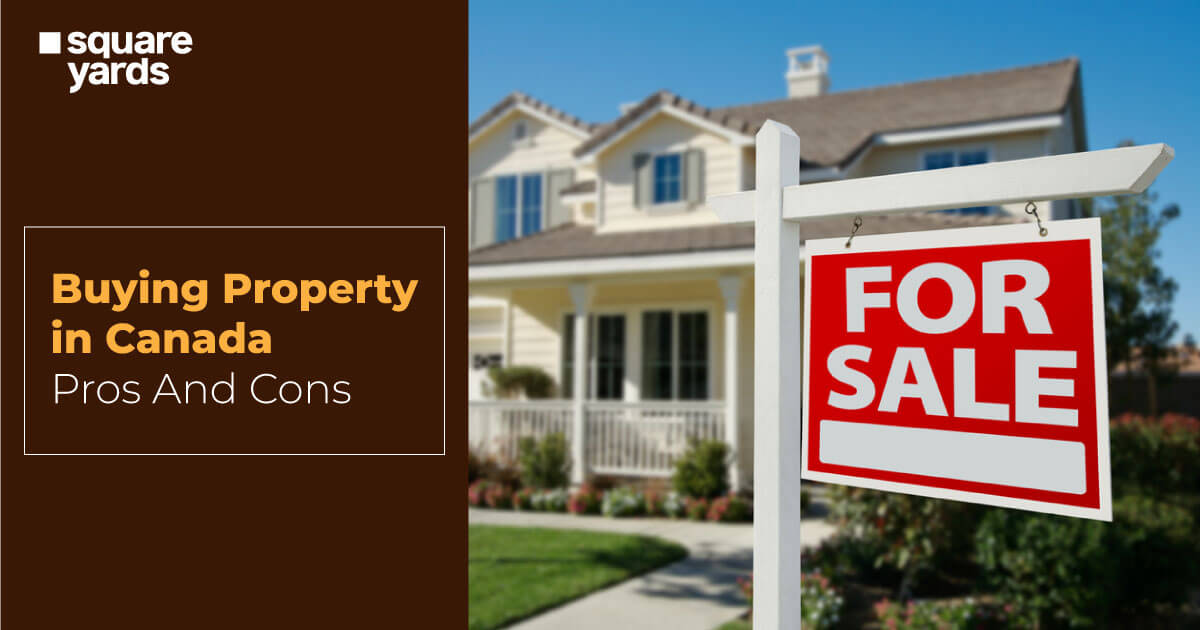Have you ever felt lost in a conversation with your real estate agent? Do you think they are talking in a completely different language? You are not alone in this. The world of real estate comes with its own set of jargon, but once you get the hang of it, you’ll feel like a pro. Imagine you are discussing your dream property, and you understand each and every term that is being thrown at you. It sounds empowering. This is the reason why this blog is specially curated for you. We have compiled a list of real estate terms in Canada to help you excel in the world of real estate. What are you waiting for? Dive into the world of real estate glossary.
Essential Real Estate Terms you Need to know

Now that you are aware of how knowing the lingo can make all the difference in your property market experience. Whether you’re a first-time buyer, a seller, or simply exploring the market, these essential real estate terms will give you the confidence to make well-informed decisions. From understanding mortgage types to decoding contracts, these terms are simplified for your better understanding.
1. MLS
MLS or Multiple Listing Service serves as a computerized database of the Canadian Real Estate Association and the National Association of Realtors comprising details of all properties on sale across Canada. The MLS listings help both sellers and buyers understand the demand and availability of properties. So, if you are doing an MLS property search today, you will get multiple options across the country along with details of MLS realtor Canada.
2. Amortization
The real estate terms of amortization is more prevalent in the case of mortgages. It is the span of time in which regular and timely mortgage payments are made without any alterations in its terms.
3. Assignee
When a property or right to a property is transferred to another party (individual or company) following the contract terms, the latter is known as an assignee. Even though the assignee may receive property or title, they may not always have complete authority over it.
4. Adjustable Rate Mortgage (ARM)
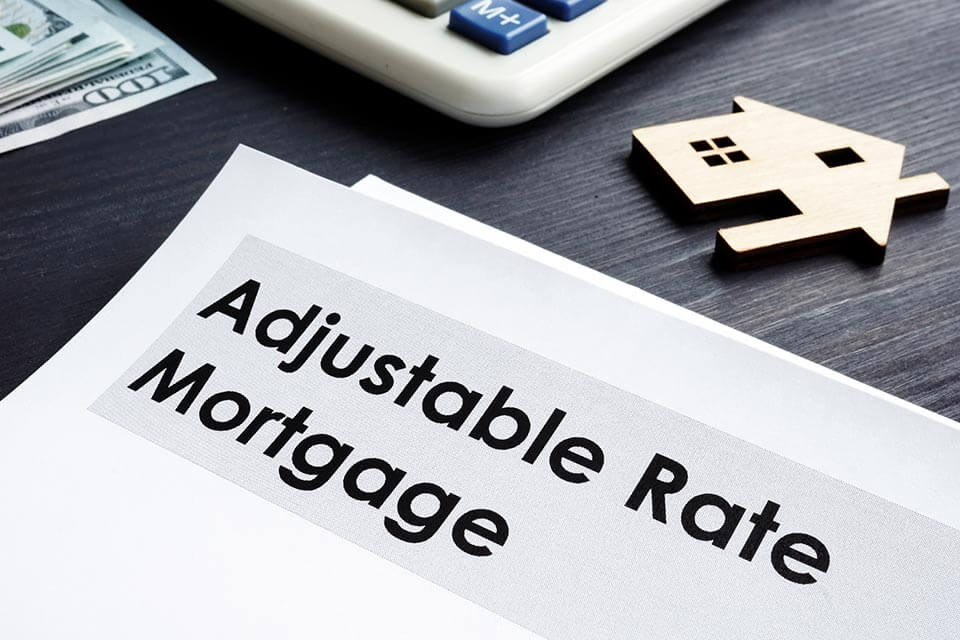
Also called variable-rate mortgages, ARM is one of the most sought-after mortgages in Canada. These mortgages offer flexible interest rates, either independently set or based on basic interest rates offered by any bank or trust company. Features and mortgage terms of ARM vary from lender to lender.
5. Blended Payments
Blended payments are a way of paying mortgages in which the monthly payable amounts created via blending the principal and interest amounts during amortization are the same throughout the tenure. Maintaining regular blended payments decreases the interest amount over time.
6. Appreciation
Increment in the value of a property because of its heightened worth ever since the time it was bought. For instance, you bought a property 10 years ago in a seemingly lonely neighbourhood. A decade later, if the neighbourhood is bustling with amenities and is well-connected, your property will have a higher value, and therefore, better appreciation.
7. Closed Mortgage
In a closed mortgage, partial prepayment of instalments is not allowed. And even, in some cases, if it is allowed, a penalty is charged along with an increased mortgage amount.
8. Appraisal
An appraisal is the estimation of the market value of a particular property done by a professional appraiser hired by the bank, mortgage lender, or buyer before subject removal.
9. Real Estate Agent
A real estate agent helps clients in purchasing, renting, or selling properties. They also advise their clients on both property purchase and sale by arranging walkthroughs, conducting market research, and providing guidance through the whole process of leasing, buying, and selling.
10. Closing Costs
Closing costs are exclusive of the purchase price of the property. These include transfer fees, legal fees, realtor fees, taxes, etc., which are payable by the buyer on the day the property is handed over to them.
Closing costs comprise 1.5-4% of the home selling price, calculated by the lawyers or the notary. Ensure you get an estimate from your realtor before accepting the final offer so that you are prepared with your funds on the day of property transfer.
11. Mortgage Approval

Also known as a commitment letter, mortgage approval is a written notification sent to the borrower by the lender approving the progression of a particular amount of mortgage under specific conditions.
12. Easement
It is a legal right of an entity (individual or company) to use, work on, or cross a property or land owned by another person. However, easement only offers limited access to any personal property. One of the examples of an easement can be utility companies passing electric wires across properties to enhance power functions in the locality.
13. Condominium
This is one of the basic property types that people prefer mostly because of its affordability. This type of home comes under the category of an attached home or strata property. You can own the rights to the property or have shared ownership rights for common zones in the condominium, including the library and other circulation areas. Properties like condos come with set guidelines and monthly maintenance fees that each unit has to follow and pay, respectively.
14. Conventional Mortgage
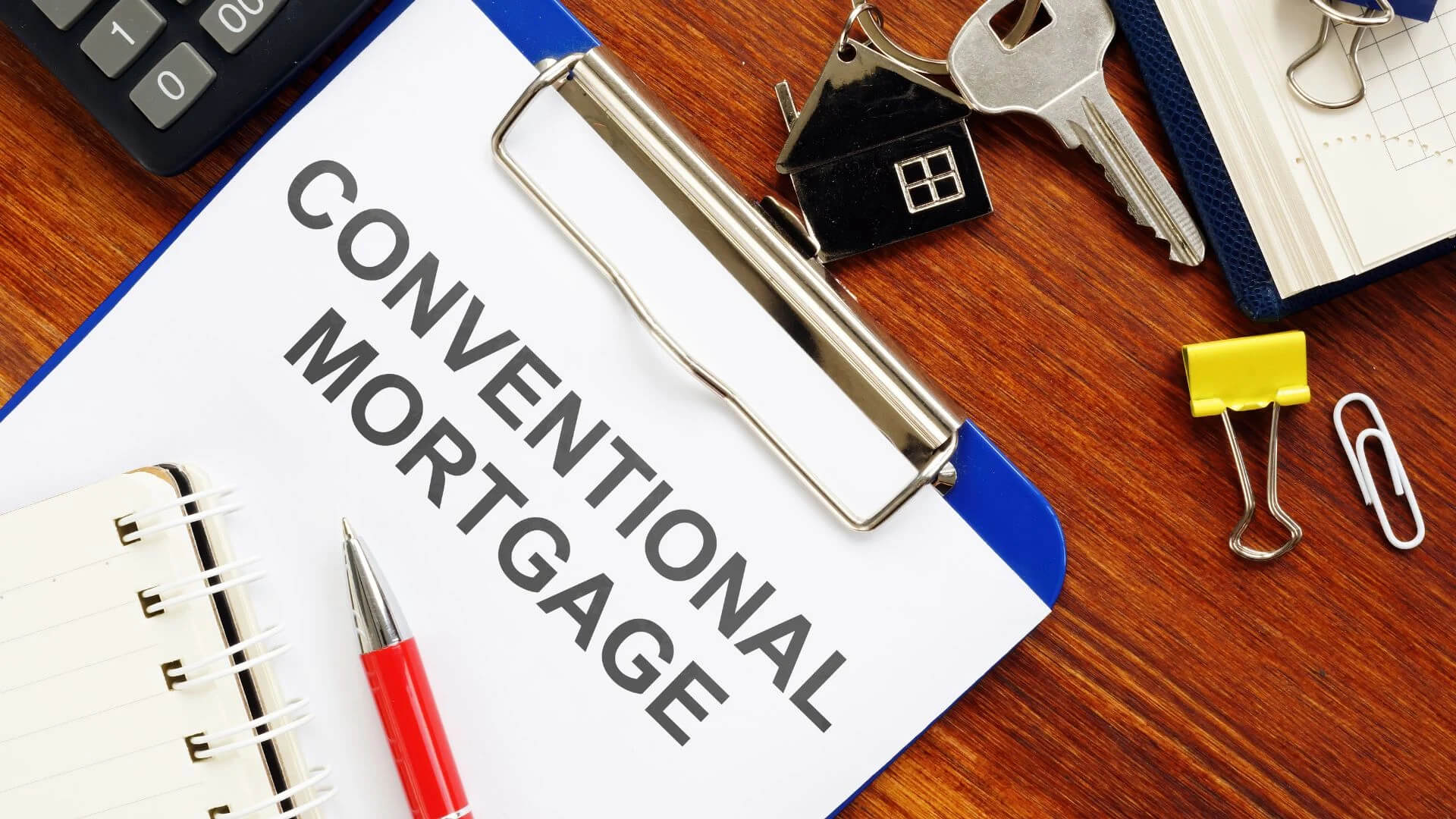
Generally, the lending value is lesser than the market value and purchase price of the property. When the mortgage loan makes up for 75-80% of the property value, it is known as a conventional mortgage. Mortgage insurance via CMHC (Canada Mortgage and Housing Corporation) is not required for this type of mortgage.
15. New Home Warranty Program
Also known as a 2-5-10 program in British Columbia, the new home warranty program entails reparation of any defects in a new property within the specified warranty period. It also ensures that the company providing this warranty will be making the necessary repairs.
16. Real Estate Broker
A real estate broker is a provincially and territorially licensed individual who works in the real estate market either on their own or sets up a company hiring a team of real estate sales representatives. In several Canadian provinces, they are also known as real estate agents or associates. Apart from carrying out all real estate transactions, they are also responsible for legally establishing brokerage rates and supervising the real estate agents (sales candidates working under them).
17. Depreciation
It is the opposite of appreciation wherein the value of a property you bought deters because of a decline in its current worth.
18. Deposit
Deposit is the amount of money paid by the buyer to the real estate agent, notary, or lawyer when the former decides to purchase a certain property. A deposit is like a buyer’s pledge to fulfil the contract. In areas of Greater Vancouver, the deposit amount is usually 5% of the buying price. It is payable within 24 hours of subject removal. In a vigorous market, this deposit is usually represented with the Contract of Sale and Purchase during negotiations. Proving the alacrity for a driven buyer.
19. Down Payment
Before getting a mortgage, a buyer has to make a down payment from their personal funds or any other eligible source for the property they chose to purchase. The deposit forms a part of the down payment, which lies between 5%-25%. Down payments of less than 20% are subjugated to Canada Mortgage and Housing Corporation (CMHC) Insurance Premiums added to the monthly mortgage payment.
20. Foreclosure
A need for foreclosure arises when the buyer is unable to make mortgage payments. It is a legal procedure that involves reselling a property bought by a lender to cover overdue loans.
21. High-Ratio Mortgage
Any mortgage loan which exceeds 80% of the loaning value property is called a high-ratio mortgage. These mortgages should be insured by any private company or CHMC to safeguard the lender against any default payments.
22. Fixed Mortgage Interest Rate
Fixed mortgage interest rates are those interest rates that remain the same through the mortgage term and are not affected by mortgage fluctuations. For example, if a fixed mortgage interest rate for a 5-year term mortgage is 2.79%, it will remain so throughout the term.
23. Open-House
Open houses can be defined as a specified timespan in which any residential properties on sale or rent. It can be visited and viewed by any interested buyer. When conducting an open house, your real estate agent will guide you with and other prospective buyers through the property, demonstrating its various features, advantages, etc.
24. Lien
Lien is a claim filed against a property when it owes any money. This is usually filed by a subcontractor or a supplier who has not been paid their dues despite providing labour, service, and materials for the development or maintenance of the property.
25. Property Taxes
Based on the property value, property taxes are charged by the municipality of the location of the home. In some cases, the mortgage lender also collects property taxes as part of the mortgage payment. And pays it later to the municipality.
26. Possession Date
Similar to adjustment date, a possession date is when you are entitled to the legal possession of the purchased property.
27. Row House
As its name suggests, row houses are residential single-family properties placed in a row without any space in between. They are also known as a townhouse.
28. Single-Family Detached Homes
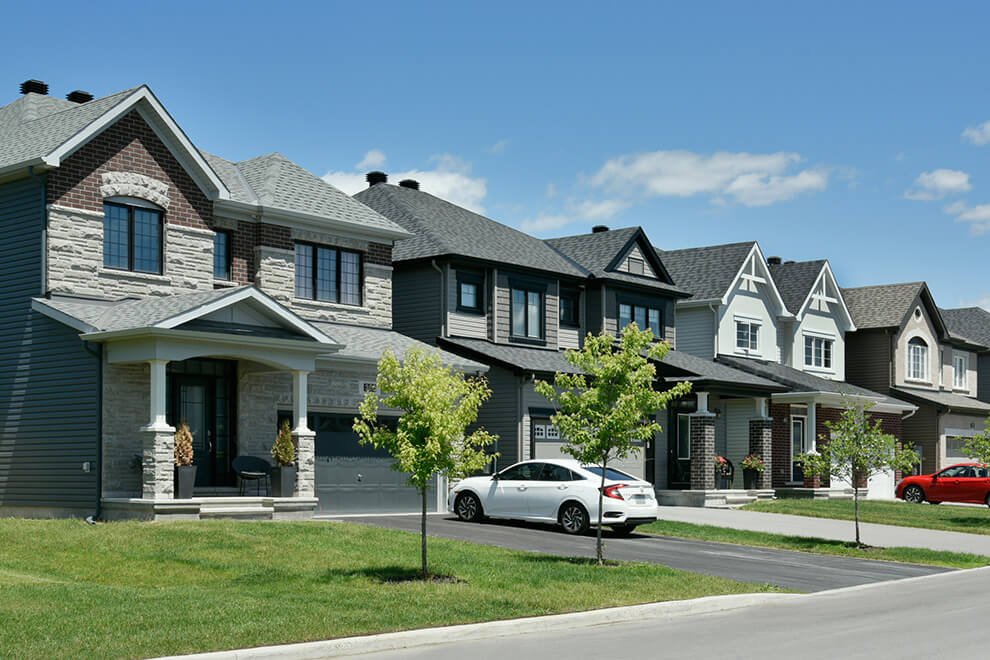
These are also known as detached homes and come under the free-standing home for a family which is not attached to any other units on either side.
29. Subject Clause
Subject clauses are conditions that must be satisfied prior to the freezing of a contract. Examples are inspection, financing, receipt, approval of condominium bylaws, and financial statements. All unwanted conditions must be removed from the clause in writing. It is required to be done within a certain date to solidify the final draft of the contract.
30. Subject Removal
It is a specific period of time (usually a week) in which all clauses must be considered to freeze the contract. After subject removal, a deposit is the only thing that’s left to confirm a contract.
31. As-is
The real estate terms in Canada as-is typically means that a property is put on sale without making any changes or reparation. Any property market in the category of as-is also indicates a price lower than the market price in that particular area.
32. Vendor
The vendor is the name attributed to the seller of the property from whom you are buying the property. This can be a property owner, a real estate broker, or an agent.
33. Take-Back Mortgage
When the mortgage is not financed by a vendor instead of a financial institution. It is called take-back mortgage or vendor take-back mortgage. In this case, the buyer makes the mortgage payments directly to the seller and receives the property title.
34. Title
A title serves as legal evidence for property or land ownership. Its two types include freehold title and leasehold title. While the former indicates property ownership for an indefinite period of time. The latter offers property holding and ownership for a specified time.
35. Title Insurance
Title insurance safeguards the lender against any damages or losses that might arise from matters affecting the title like the presence of a lien, encumbrance, defects, etc.
Wrapping Up
Being aware of real estate terms in Canada gives you an upper hand when dealing with real estate brokers or agents to buy or sell properties. Understanding industry jargon not only helps you comprehend broker or agents’ statements but also contracts and the several charges involved in real estate transactions. So, apart from your regular research on the real estate industry, make sure that you have got these real estate terms locked in your mind for good.
You May Also Read
What is Possession Day in Real Estate | |
Know The Open House Debate | |
Guide To Stigmatising Real Estate | |
Real Estate Terms of Trust |
Frequently Asked Questions (FAQs)
What are the 3 important terms in Real Estate?
As-is, closing costs, and real estate agent are three of the most important terms in real estate.
Is Canada a good place for Real-Estate?
In recent years, the Canadian real estate market has been flourishing, resulting in intense returns. Over the years, real estate investments have become one of the ideal modes of capital production in the Canadian economy.
Will an MLS property search be the right thing to do when looking to buy homes?
Multiple Listing Service (MLS) is a government-approved computerized database. This helps you find the best homes for sales across the country and a trustworthy MLS realtor Canada.
Which is the best place to live in Canada?
Montreal in Quebec is one of the best places to live in Canada.
Can I buy citizenship in Canada?
It is definitely easier to get Canadian citizenship if you are getting involved in the Canadian economy. Citizenship is allowed to family members of the applicant when the latter plans to invest in the real estate market.


